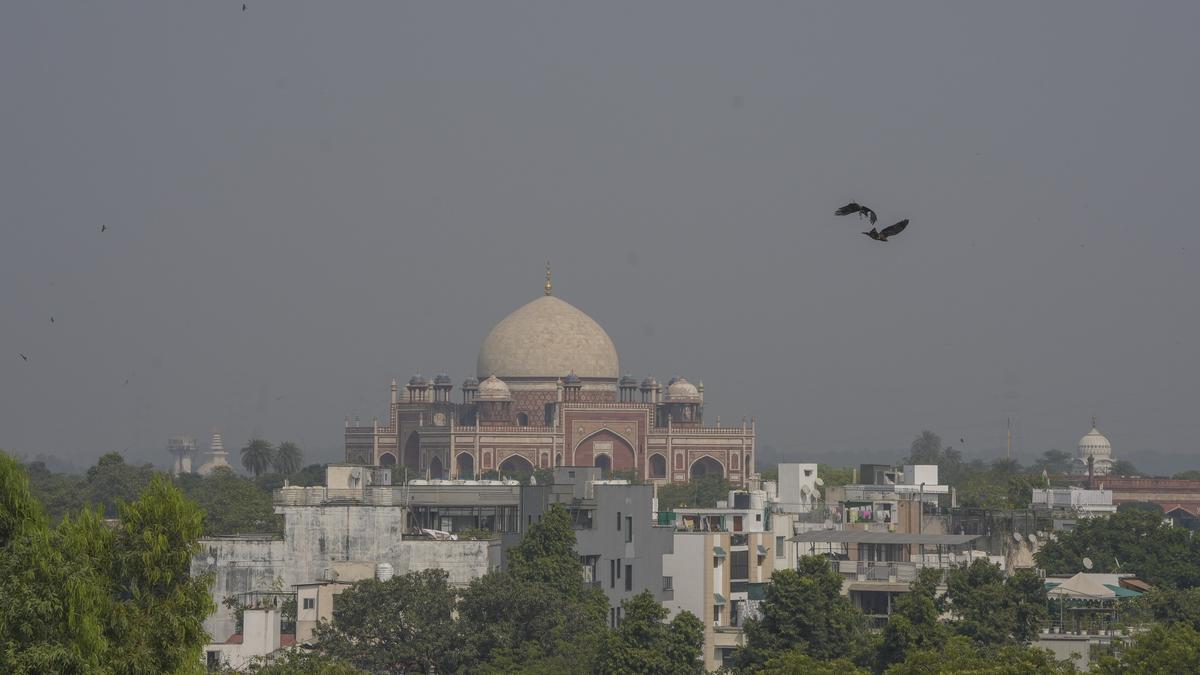
Delhi air pollution: Relentless firecracker bursting during Diwali shrouds city in smog
The Hindu
Delhi engulfed in smog due to Diwali firecrackers, violating ban, worsening air quality, and posing health risks.
Relentless bursting of firecrackers blanketed Delhi in dense smoke on Thursday, causing severe noise pollution and reducing visibility, as people defied a ban on firecrackers to celebrate Diwali.
The city's air quality dropped to the "very poor" category, with an Air Quality Index (AQI) of 330 at 10 pm.
Key areas, including Anand Vihar, saw the AQI plunge into the "severe" category while PM2.5 concentrations soared, creating hazardous conditions for respiratory health.
In contrast to the clearer sky on Diwali last year, when favourable conditions kept the AQI at 218, this year's celebrations returned the city to its notorious pollution levels, a pattern worsened by unfavourable meteorological conditions, stubble burning and vehicular emissions.
Although the city government had set up 377 enforcement teams and spread awareness through local associations to ensure compliance with the firecracker ban, neighbourhoods across east and west Delhi reported large-scale flouting of the restrictions.
The city's 24-hour average AQI was recorded at 330, up from 307 the previous day.
The smog-laden sky brought back memories of the "severe" pollution in 2020 as the PM2.5 and PM10 levels surged to 145.1 and 272 micrograms per cubic metre respectively at 9 pm. These fine particles, which easily penetrate the respiratory system, pose serious health risks, especially for children, the elderly and those with pre-existing respiratory conditions.
